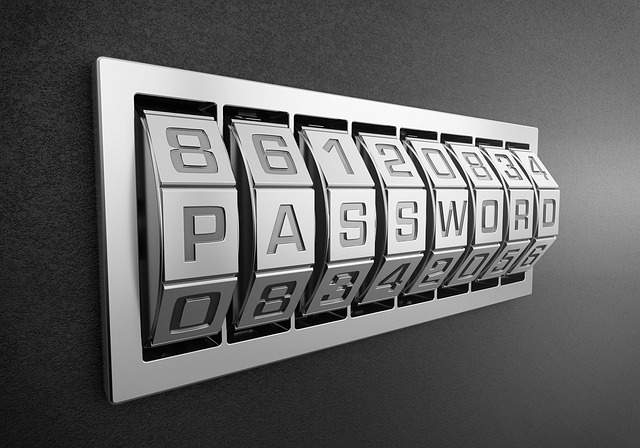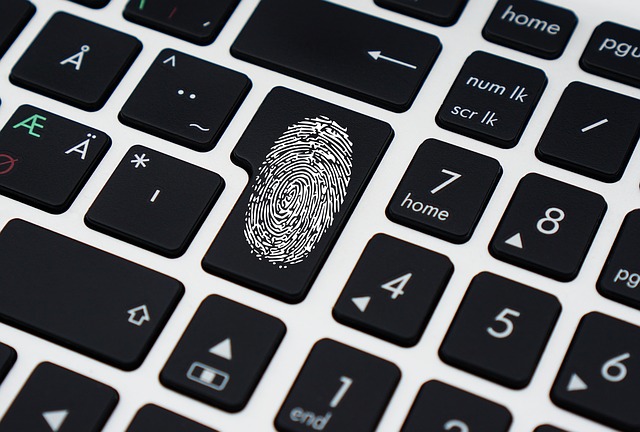The basic rule is to avoid giving yourself simple passwords like “123456” that you can guess without thinking. If you want to create a very strong password, follow this guide.
– Create a simple sentence that is easy to remember – Create a simple sentence to base your password on. It can be as simple as “I like moderately ripe melons.
– Test for functionality – Test directly at registration to see if the system supports this complex password with all spaces and accents. If the system does not allow it, continue.
– Convert the sentence into a single word – Write out the first letter of each word, resulting in a meaningless, complex word made up of random letters of the alphabet. In this case, it would be “mrmkjpd”. Since this word is completely meaningless, no one would expect it to be a password.
– Randomly capitalize letters – To make the password more complex, capitalize all other letters.
– Put random numbers in words – Put random numbers every few spaces.
–Insert special characters in a word –Insert random characters to make the password completely thorough.
– Test – Test your password with a password security tool. Such tools can be found anywhere on the Internet.
To a potential hacker, your password may appear to be a mixture of random letters, characters, and numbers. Combine less commonly used and less common letters and alphabets. Some systems allow you to include spaces in your password, so try this method as well. For security, make your password at least 14 characters long and make it common to you and incomprehensible to others.